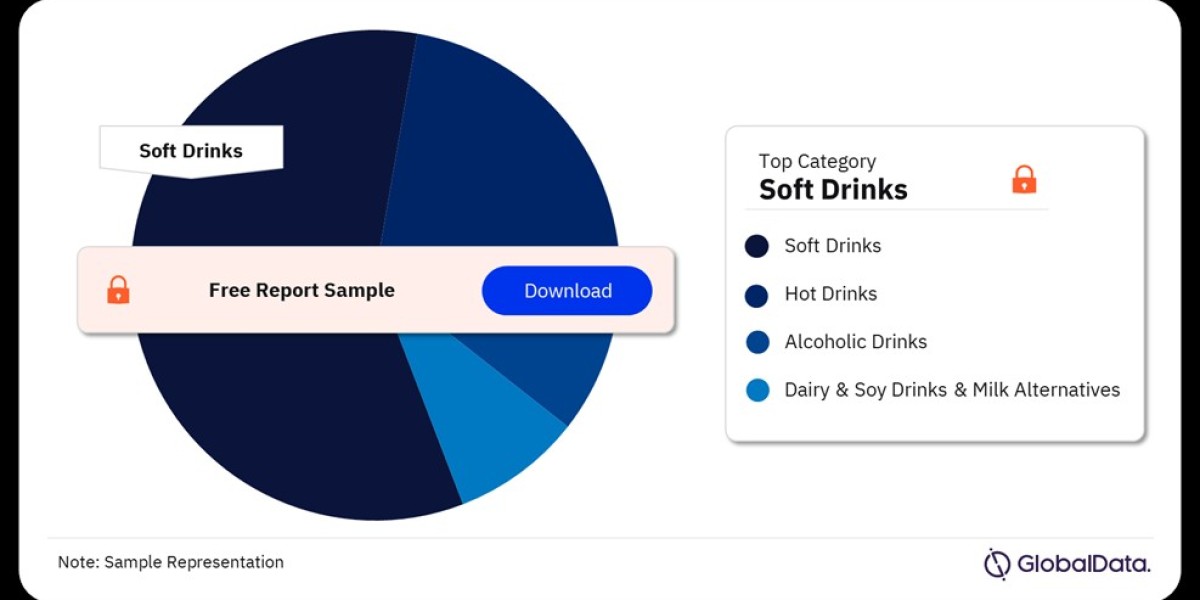A diabetic meal plan focuses on controlling blood sugar levels through a balanced and nutritious diet. It typically includes a combination of carbohydrates, proteins, and fats in appropriate proportions. It's important to consult with a healthcare pDiabeticrofessional or a registered dietitian to tailor a meal plan that meets your specific needs, as individual requirements may vary. Here's a general outline for a diabetic meal plan
Oatmeal with Berries:
1/2 cup of rolled oats
1 cup of mixed berries (strawberries, blueberries, raspberries)
1 tablespoon of chia seeds
1 tablespoon of chopped nuts (almonds, walnuts)
Greek Yogurt Parfait:
1 cup of plain Greek yogurt
1/2 cup of sliced peaches or mango
1 tablespoon of ground flaxseeds
1 teaspoon of honey (optional)

Snack:
Vegetable Sticks with Hummus:
1 cup of mixed vegetable sticks (carrots, celery, cucumber)
2 tablespoons of hummus
Lunch:
Grilled Chicken Salad:
3 oz grilled chicken breast
Mixed salad greens (spinach, lettuce, arugula)
1/2 cup cherry tomatoes
1/4 cup cucumber slices
1 tablespoon olive oil and vinegar dressing
Quinoa and Vegetable Bowl:
1/2 cup cooked quinoa
Grilled or roasted vegetables (bell peppers, zucchini, broccoli)
1/4 cup feta cheese (optional)
Snack:
Apple Slices with Peanut Butter:
1 medium apple, sliced
2 tablespoons of natural peanut butter
Dinner:
Baked Salmon with Steamed Asparagus:
4 oz baked or grilled salmon
1 cup steamed asparagus
1/2 cup quinoa or brown rice
Stir-Fried Tofu with Vegetables:
1 cup tofu, stir-fried with mixed vegetables (bell peppers, broccoli, snap peas)
1/2 cup brown rice
Snack (if needed):
Nuts and Seeds Mix:
1/4 cup mixed nuts (almonds, walnuts, pistachios)
1 tablespoon chia seeds
Tips:
Portion Control: Pay attention to portion sizes to avoid overeating.
Carbohydrate Management: Choose complex carbohydrates with a low glycemic index.
Fiber: Include fiber-rich foods like whole grains, vegetables, and fruits.
Protein: Include lean protein sources such as poultry, fish, tofu, and legumes.
Healthy Fats: Opt for sources of healthy fats like avocados, nuts, and olive oil.
Remember, this is just a sample meal plan, and individual needs may vary. Always consult with a healthcare professional or a registered dietitian for personalized advice based on your specific health condition and lifestyle.
Hydration is Key:
Drink plenty of water throughout the day to stay hydrated.
Limit sugary beverages and opt for water, herbal tea, or infused water.
Dessert (Occasional):
Berries and Greek Yogurt Parfait:
1/2 cup plain Greek yogurt
1/2 cup mixed berries
A drizzle of honey or a sprinkle of cinnamon (optional)
General Tips:
Regular Meal Times:
Aim for consistent meal times to help regulate blood sugar levels.
Snacking:
If you need snacks, choose healthy options like raw vegetables, a small piece of fruit, or a handful of nuts.
Physical Activity:
Include regular physical activity as part of your routine, following your healthcare provider's recommendations.
Monitoring Blood Sugar:
Regularly monitor your blood sugar levels as advised by your healthcare team.
Individualized Plan:
Work with a registered dietitian to tailor a meal plan to your specific needs, considering factors such as medications, activity level, and personal preferences.
Limit Processed Foods:
Minimize the intake of processed and refined foods, which may contribute to blood sugar spikes.
Experiment and Adjust:
Pay attention to how different foods affect your blood sugar levels and make adjustments accordingly.
Moderation is Key:
Enjoy a variety of foods in moderation to maintain a balanced and satisfying diet.
Remember that managing diabetes involves more than just diet; it also involves lifestyle factors, medication management, and regular communication with healthcare professionals. Make sure to stay in regular contact with your healthcare team to monitor and adjust your plan as neede








